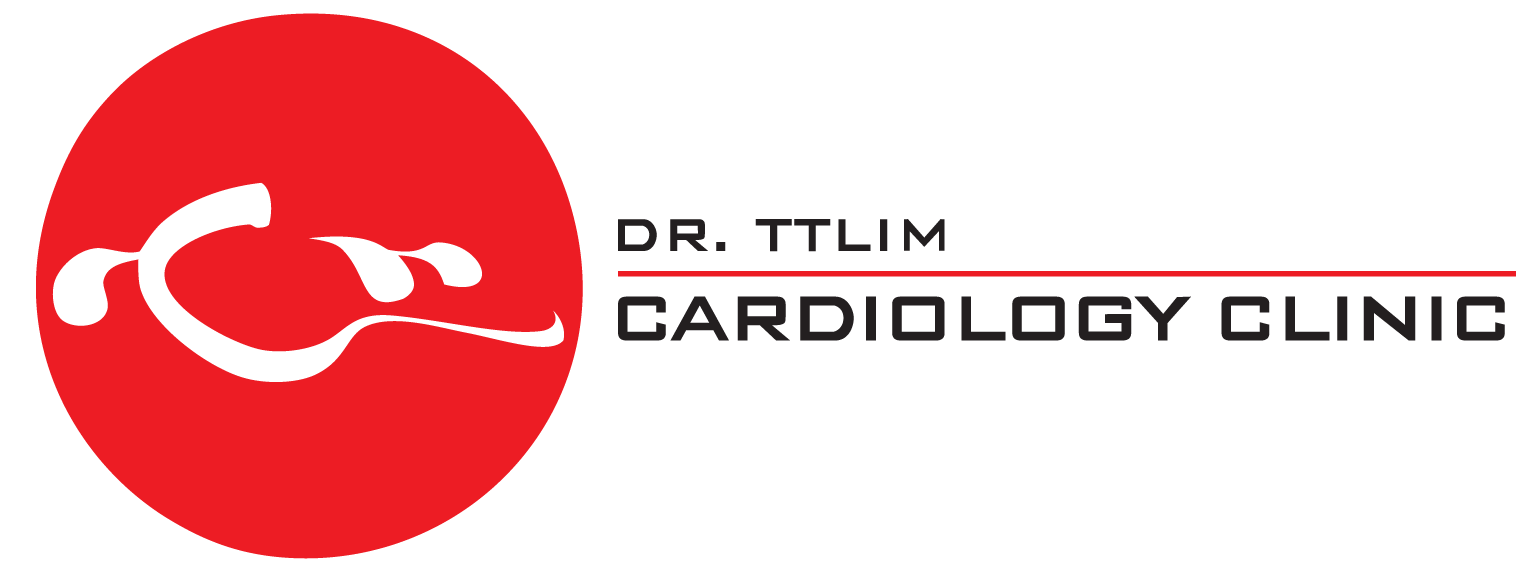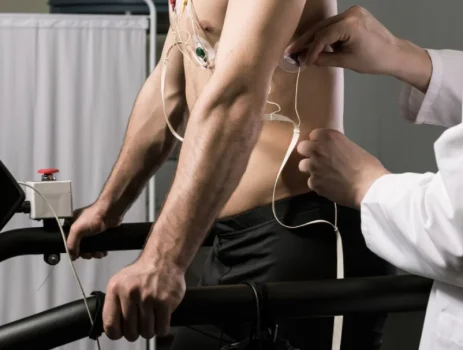What is it?
An exercise stress echocardiogram refers to the diagnostic test that involves having your heart’s activity monitored before and after exercise, to note the functioning of the heart and look out for discrepancies if any. A type of stress test, an exercise stress echocardiogram develops images of the heart while “stressed” due to activity, allowing the doctor to analyze the heart’s issues that are not visible when simply lying down for an echocardiogram.
How is it done?
During an exercise stress echocardiogram, an ultrasound transducer will be used to send out waves that translate into 2D images of the heart. Images of the heart will be recorded before, during, and after the session, helping the doctor understand the heart’s level of functioning before and after being exerted. The exercise aspect of the test involves spiking your heartrate by walking on a treadmill at varying speeds. Sometimes, you may simply be given a medicine that spikes your heartrate without having to actually exert yourself. Regardless, once the results are obtained, you will be guided on treatments and medication on your follow-up appointment.
Although it is a fairly simple procedure, you may be advised on some dos and don’ts to follow, in order to prepare for the test, including the following:
- Avoid caffeine for 24 hours before the procedure
- Avoid eating or drinking few hours before the test
- Avoid smoking or drinking before the test
- Wear comfortable clothes to assist smoothly with the test
Why is it done?
An exercise stress echocardiogram can help identify and diagnose various heart conditions and problems, including:
- Coronary artery disease
- Cardiomyopathy
- Congenital heart disease
- Heart failure
- Valve disease
- Pulmonary hypertension
You may be suggested an exercise stress echocardiogram, if you happen to experience the following symptoms:
- Pain or pressure in the chest
- Dizziness
- Arrhythmia
- Shortness of breath





